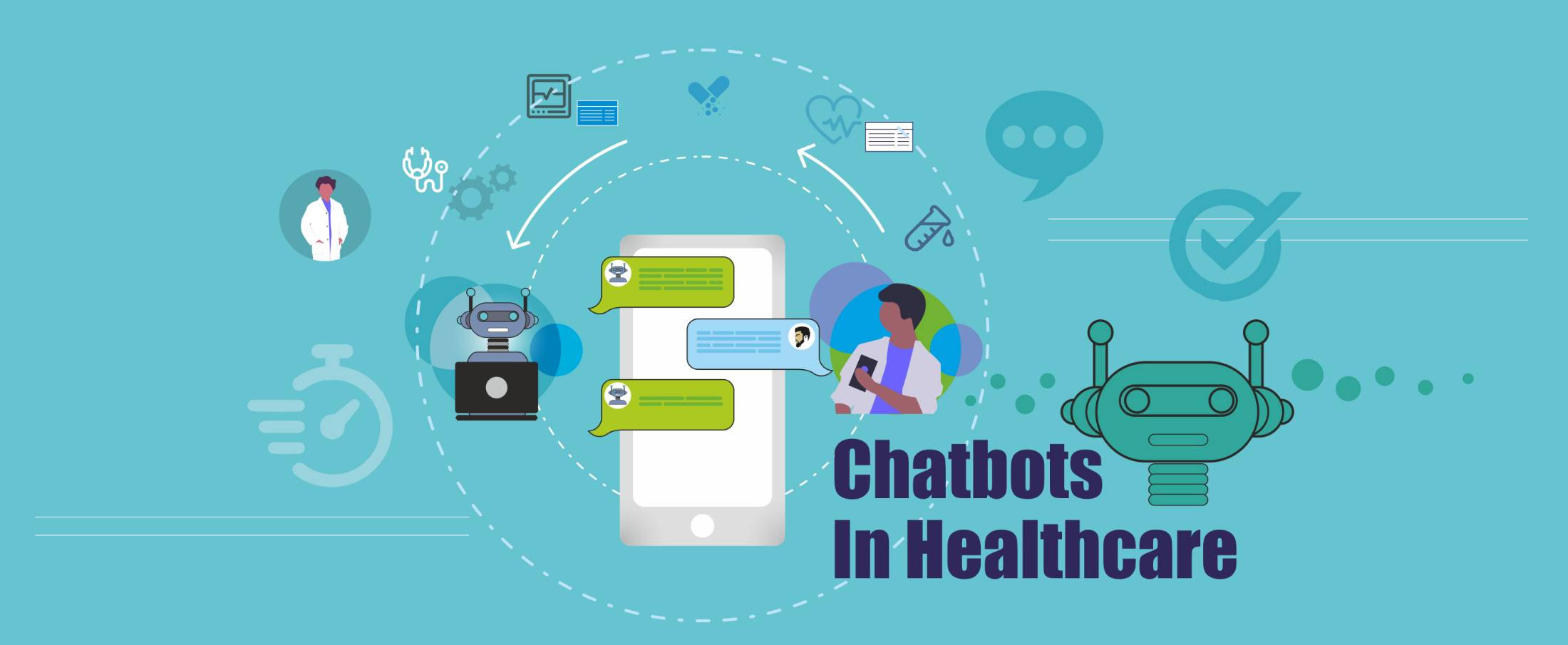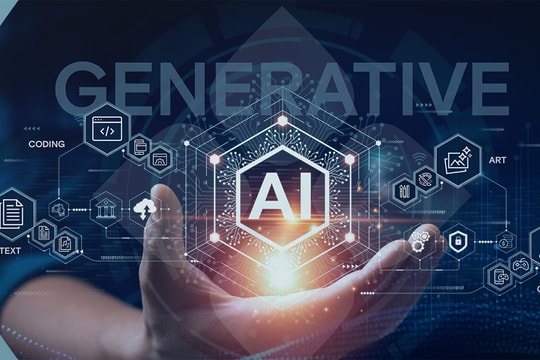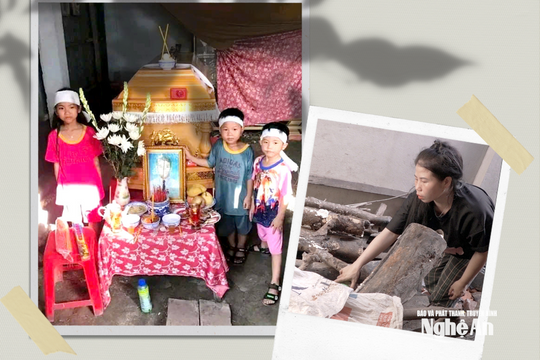Top 10 Applications of ChatGPT in Healthcare
(Baonghean.vn) - ChatGPT or Chat Generative Pre-training Transformer is a natural language processing tool, powered by artificial intelligence (AI), launched in November 2022 by OpenAI Company (USA). Experts say this is a promising platform in the healthcare field.
One of the fastest growing sectors worldwide is healthcare, which is constantly changing to meet the ever-evolving needs of patients.
AI-powered chatbots are now an important tool for healthcare providers thanks to technological advancements, offering several advantages to both patients and healthcare professionals. Chatbots are AI-powered software and applications that help humans manage conversations, interacting with users via audio or text messages instead of talking directly to a real person.
 |
Illustration photo. |
One of the most popular AI chatbots today is the ChatGPT application, which has many applications in the healthcare industry. ChatGPT's capabilities have recently received a lot of media attention. With its superior natural language understanding capabilities, it is considered the most advanced technology in conversational AI.
Here are the top 10 applications of ChatGPT in the healthcare industry:
1. Virtual assistant for patients:ChatGPT can be used as a virtual assistant for patients, providing recommendations and advice based on their medical history, current symptoms, and other relevant factors. In addition, patients can use ChatGPT as a virtual assistant to access health information systems to know their medical conditions. Patients can use the chatbot to ask questions about symptoms, medical procedures, and medication usage, and the chatbot will provide accurate answers to the patient.
2. Symptom Checker:As a symptom checker, ChatGPT can help patients identify their symptoms and choose the best course of action. The chatbot can ask patients about their symptoms and provide a list of potential diagnoses and guidance on what to do next.
3. Patient education:Patients can use ChatGPT to learn about their health status, allowing them to choose the most optimal and effective healthcare services for themselves. The chatbot can answer any questions patients have and provide them with information about treatments, medications, and lifestyle changes.
4. Clinical trials:ChatGPT can be used in clinical trials to help recruit participants and collect data. Chatbots can inform patients about clinical trials and help determine their eligibility.
5. Clinical decision support:Healthcare professionals can use ChatGPT as a clinical decision support tool to help them make informed decisions about patient care. Chatbots can inform healthcare professionals about treatments, medications, and diagnostic procedures and assist them in choosing the best course of treatment.
6. Remote monitoring:ChatGPT can be used for remote patient monitoring, allowing healthcare professionals to monitor a patient's health. The chatbot can remind patients to check their vital signs and notify healthcare staff if anything changes or concerns them.
7. Medical advice:Based on the patient's symptoms and medical history, ChatGPT can provide medical advice and recommendations to the patient. Chatbots can help reassure patients and support them in making informed decisions about their health.
8. Schedule an appointment:Patients can book appointments with healthcare professionals using ChatGPT, making it easy for them to get the care they require. Patients can request a list of available appointment times from the chatbot, which can then assist them in selecting the right time.
9. Medication reminders: Patients can receive medication reminders via ChatGPT, which will help them take their medications on time. The chatbot can inform patients about potential side effects and drug interactions, as well as send reminders about when to take their medications.
10. Customer service:Customer service for healthcare providers can be provided through ChatGPT, which can help reduce wait times and improve customer satisfaction. Chatbots can provide patients with the information they require by answering common questions about insurance, billing, and appointments.
In conclusion, ChatGPT has many applications in the healthcare field and it brings many benefits to both patients and medical staff. However, ChatGPT is only an effective support tool for medical professionals but still cannot completely replace them, at least for the time being.








